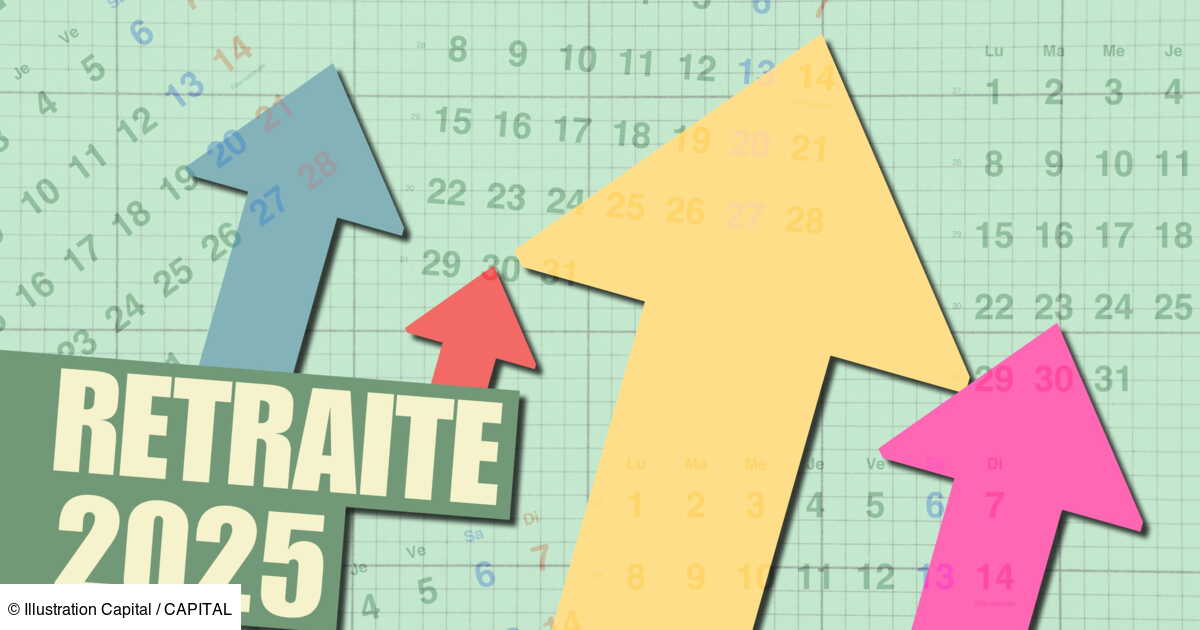
Parents who are fans of positive education often make enormous confusion to justify their child’s behavior, according to psychologist Caroline Goldman.
Nowadays, many parents embrace positive and caring parenting. Rather than punishing or shouting, they favor encouragement, empathy and the promotion of positive behavior. All with kindness and mutual respect. Clearly, the idea is to support the child so that he understands his emotions, learns to manage his frustrations and develops his self-confidence, without controlling him. Yes, but for Caroline Goldman, a child psychologist who became known for her criticism of “French-style” positive education, there are limits to this educational trend, and one in particular that parents apply. without really realizing it.
In her new book “Guide for Today’s Parents” (Editions Flammarion), the specialist addresses it in detail. To justify their child’s behavior, parents who follow positive education often confuse the need for love and the need for educational limits. “He (this current, editor’s note) considers that any cry, any tension, any movement of opposition or demand from a child is an indicator of a call for reassurance regarding the love of his parents”, she emphasizes.
However, in most cases, a young person who is doing well, who is not suffering, and who can count on both parents, “always calls, at some point in its development, generally from the age of one year, the educational limits”explains Caroline Goldman. Clearly, he needs a framework, limits, to know how to behave and in particular to tolerate the “normal” frustrations of life.
“Screaming to be loved or shouting to call limits is not at all the same thing. A very small child who is crying because he has just fallen off his bike needs to be comforted. (… .) But a child polished by life – and extremely loved by his parents – who throws lasagna on the head of his 6-month-old sister for the pleasure of making her cry… calls the educational limits”explains the psychologist in her work. Without clear educational boundaries, the child is certainly free, but this freedom can be destructive for him in the long term.








